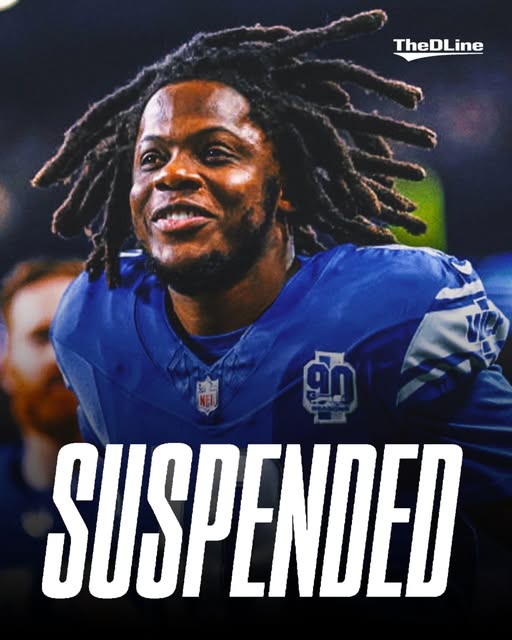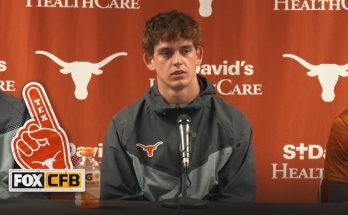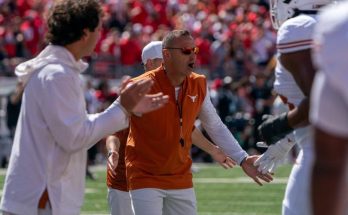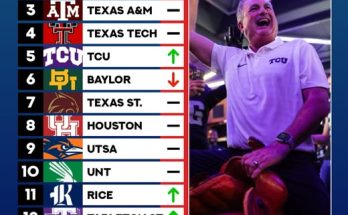**Former Lions QB Teddy Bridgewater Suspended from Miami Northwestern for Providing “Impermissible Benefits” to Players**
Former Detroit Lions and NFL quarterback Teddy Bridgewater, who returned to his alma mater, Miami Northwestern Senior High School, to serve as the football team’s head coach, has been suspended by the Florida High School Athletic Association (FHSAA) for providing “impermissible benefits” to his players. The infractions reportedly included arranging Uber rides for students, covering meal expenses, and other forms of financial assistance deemed outside the boundaries of permissible high school athletic regulations. The suspension has sparked debate about the fine line between mentorship and rule-breaking in high school sports, particularly in communities where financial hardships are prevalent.
Bridgewater, a Miami native and Northwestern alumnus, took over as head coach in 2023 with the intention of giving back to the program that helped shape his career. Known for his leadership on and off the field during his NFL tenure, he brought a player-first approach to coaching, emphasizing not just athletic development but also personal growth. However, his efforts to support his players beyond traditional coaching methods have now landed him in hot water with the FHSAA, which enforces strict rules against providing extra benefits to student-athletes that could create an unfair competitive advantage.
The investigation into Bridgewater’s conduct revealed that he had facilitated transportation for players via Uber, paid for meals, and provided other forms of assistance that, while well-intentioned, violated FHSAA bylaws. High school athletic associations across the country maintain stringent policies to prevent undue influence in recruiting or retaining players, and even acts of generosity can be flagged as violations if they are seen as inducements. In Bridgewater’s case, the assistance was reportedly aimed at helping players who faced financial challenges, ensuring they could attend practices, games, and team functions without logistical or economic barriers.
Critics of the FHSAA’s decision argue that the punishment is overly harsh, given the context of Bridgewater’s actions. Miami Northwestern is located in a community where many students come from underprivileged backgrounds, and the idea of a coach stepping in to fill gaps that families or school districts cannot is seen by some as an act of compassion rather than cheating. Supporters of Bridgewater point out that his contributions were not aimed at securing an athletic edge but rather at leveling the playing field for kids who might otherwise struggle to participate in sports. High school athletics often serve as a lifeline for students, offering structure, mentorship, and opportunities for advancement—elements that Bridgewater himself benefited from during his own youth.
On the other hand, defenders of the FHSAA’s stance maintain that rules must be applied uniformly to preserve competitive integrity. If one school’s coach is permitted to provide extra benefits, it could lead to an uneven landscape where programs with more resources—or well-connected coaches—gain an unfair advantage in attracting talent. The association’s role is to ensure that all schools operate within the same framework, preventing a scenario where high school sports become a bidding war for top athletes. While Bridgewater’s actions may have been altruistic, the precedent of allowing such benefits could open the door to more overt forms of recruitment inducements.
Bridgewater has not publicly commented in detail on the suspension, but those close to him suggest that his primary focus was always on the well-being of his players. His own journey—from Miami Northwestern to the University of Louisville, then to the NFL—was shaped by mentors who went beyond the call of duty to support him. It’s clear that he sought to pay that forward, even if it meant running afoul of regulations. The question now is whether the punishment fits the offense and whether the FHSAA should reconsider how it evaluates cases where the intent is clearly rooted in support rather than subterfuge.
This situation also raises broader conversations about the role of high school sports in underserved communities. Many student-athletes rely on their coaches not just for athletic training but for guidance, resources, and sometimes even basic necessities. In areas where school budgets are tight and family resources are limited, coaches often become de facto guardians, providing everything from equipment to emotional support. The rigid enforcement of rules designed for equity can sometimes overlook the reality that not all schools—or all students—start from the same place.
Bridgewater’s suspension may also have implications for other high-profile athletes who return to their communities to coach. If the message is that going above and beyond for players results in punitive measures, it could discourage former pros from taking on mentorship roles in high school athletics. The fear of inadvertently violating rules might lead some to avoid hands-on involvement altogether, depriving young athletes of valuable role models who understand both the game and the challenges of growing up in similar environments.
As the story develops, there are calls for the FHSAA to review the specifics of Bridgewater’s case and consider whether the punishment aligns with the spirit of the infraction. Some have suggested that warnings or corrective measures short of suspension could have been more appropriate, especially given the lack of malicious intent. Others argue that if the rules are broken—regardless of the reason—consequences must follow to maintain order.
For now, Teddy Bridgewater’s suspension stands as a cautionary tale about the complexities of high school sports governance. His desire to help his players is commendable, but the intersection of goodwill and regulation has proven to be a difficult space to navigate. Moving forward, the hope among many is that this incident sparks a larger discussion about how athletic associations can balance fairness with compassion, ensuring that rules protect integrity without stifling the very mentorship that makes sports transformative for young athletes.
In the end, Bridgewater’s legacy at Miami Northwestern may hinge on how this situation is resolved. If he returns to coaching, he will likely do so with a more cautious approach to assistance—but whether that ultimately serves his players better or restricts his ability to make a difference remains to be seen. One thing is certain: his commitment to his players is undeniable, and the debate over his suspension will linger as a testament to the challenges of upholding both the letter and the spirit of the law in high school athletics.



